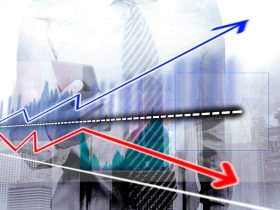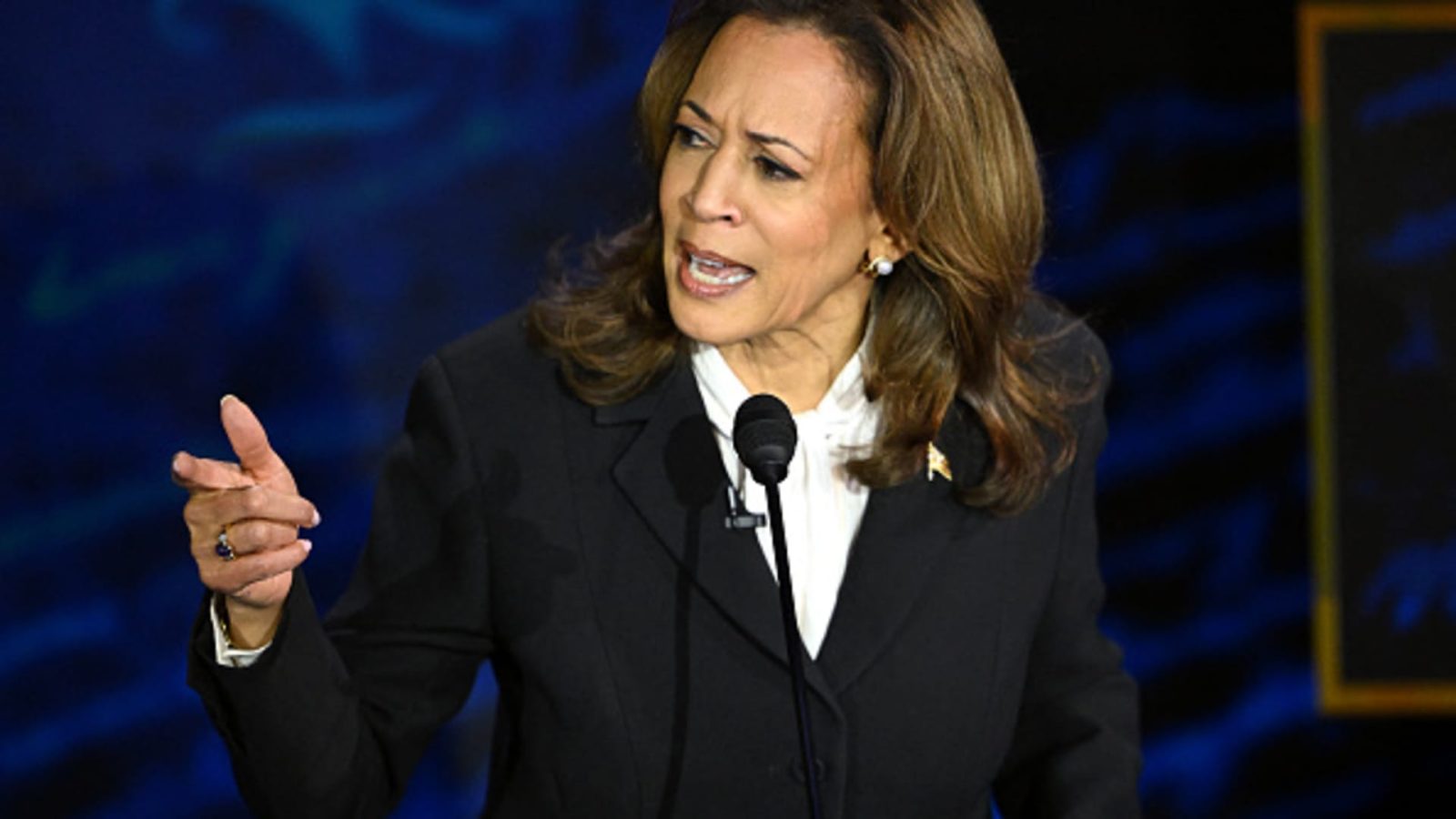Donald Trump and Kamala Harris clashed on China policy during the presidential debate hosted by ABC News on Tuesday night stateside.
Trump defended his recent vows to increase trade duties, including blanket tariffs of 10% to 20% and additional tariffs of 60% to 100% on China.
“Other countries are going to finally, after 75 years, pay us back for all that we’ve done for the world, and the tariff will be substantial,” the former president said, adding that his administration had taken in “billions and billions of dollars” from China.
He also pointed out that the Biden-Harris administration maintained most of the Trump administration’s tariffs on China.
“They never took the tariff off, because it was so much money. They can’t, it would totally destroy everything that they’ve set out to do,” he said.
In addition to keeping most of Trump’s tariffs, the Biden administration in May raised tariffs on $18 billion of Chinese goods, including semiconductors and electric vehicles.
Trump, answering a question about his proposed tariff increases, downplayed concerns that the policy would result in increased prices for consumers.
“What’s going to happen and who’s going to have higher prices is China and all of the countries that have been ripping us off for years.”
Meanwhile, Harris used her time in the debate to argue that the Trump administration had been too weak on China.
“Let’s be clear that the Trump administration resulted in a trade deficit, one of the highest we’ve ever seen in the history of America,” Harris said, adding that he had “invited trade wars.”
“Under Donald Trump’s presidency, he ended up selling American chips to China to help them improve and modernize their military,” she said in an apparent reference to the current administration’s efforts to restrict China’s access to advanced semiconductors through policy such as the CHIPS and Science Act.
“[He] basically sold us out when a policy about China should be in making sure the United States of America wins the competition for the 21st century,” Harris said.
“That requires focusing on relationships with our allies, focusing on investing in American-based technology so that we win the race, on AI, on quantum computing, focusing on what we need to do to support America’s workforce.”
Economists and policy experts previously told CNBC that Trump’s economic policy on China in a second term would be expected to focus on heavy trade tariffs. In contrast, Harris is expected to focus more on targeted restrictions coordinated with U.S. allies.
Read the full article here











Leave a Reply